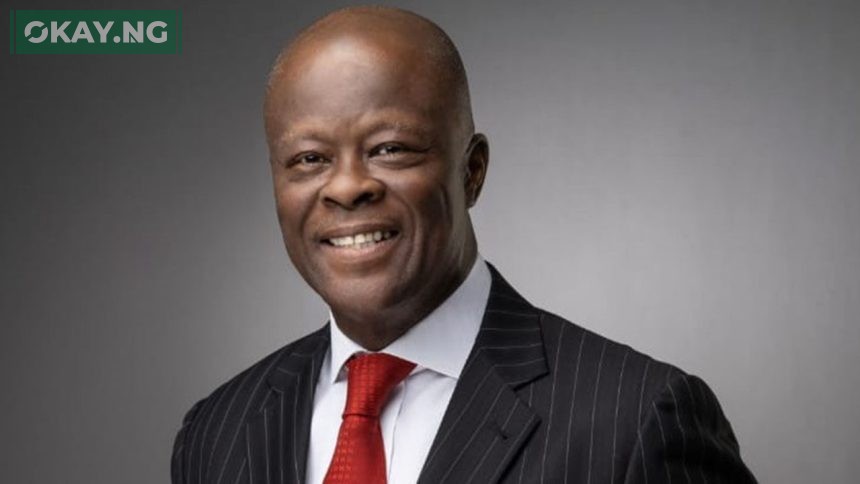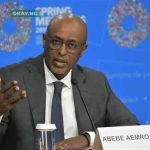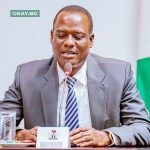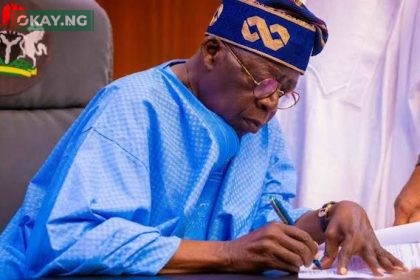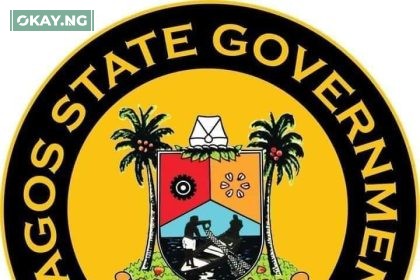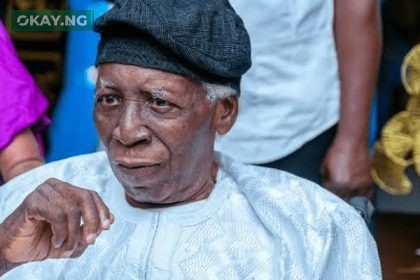In a significant shift in economic strategy, Nigeria is actively transitioning away from reliance on concessional funding from international institutions towards robust domestic revenue mobilization through enhanced tax collection and strategic asset optimization. This was the central message delivered by Wale Edun, the Minister of Finance and Coordinating Minister of the Economy, during a recent news conference detailing Nigeria’s participation at the 2025 International Monetary Fund (IMF) and World Bank spring meetings in Washington D.C., United States.
Speaking with an air of confidence following the engagements, Minister Edun articulated the government’s deliberate move away from its previous emphasis on securing low-interest loans from organizations such as the World Bank, bilateral partners including the European Union, Germany, and France, and other governmental agencies. This strategic pivot underscores a growing emphasis on Nigeria’s internal capacity to finance its development and address its economic needs sustainably.
“We have moved away from a primary focus on concessional funding,” stated Minister Edun, highlighting a new chapter in Nigeria’s fiscal policy. This decision is coupled with a notable success in reducing the nation’s financial obligations to the IMF. Through consistent quarterly repayments, Nigeria has achieved an impressive 87.5 percent reduction in its outstanding IMF debt over the past two years. According to the Minister, this trajectory positions Nigeria to completely eliminate its IMF debt by mid-2025, a landmark achievement that signals improved financial governance and responsibility.
Furthermore, the Minister elaborated on the administration’s evolving approach to commercial funding. “Raising commercial funds from Nigerians, then Nigerian diasporas saving in dollars by buying government dollar-denominated eurobonds, and then ultimately going to the eurobond market has run its course, and the focus now is on domestic revenue mobilisation,” he asserted. This strategic recalibration prioritizes tapping into internal financial resources, signifying a move towards greater economic self-reliance.
The overarching philosophy driving this economic transformation, according to Minister Edun, is President Bola Ahmed Tinubu’s administration’s commitment to “crowd in the private sector to stabilise the economy.” This involves creating an enabling environment that encourages private investment across various sectors, including critical infrastructure, digital technology, and toll road development. The government envisions the private sector playing a pivotal role in driving economic growth and creating sustainable opportunities.
This strategic shift towards domestic resource mobilization and private sector engagement marks a potentially transformative phase for the Nigerian economy. By focusing on strengthening its internal revenue generation mechanisms and fostering private investment, Nigeria aims to build a more resilient and self-sufficient economic future. The anticipated elimination of the IMF debt further underscores the nation’s commitment to prudent financial management and its determination to chart a course towards sustainable economic development.


